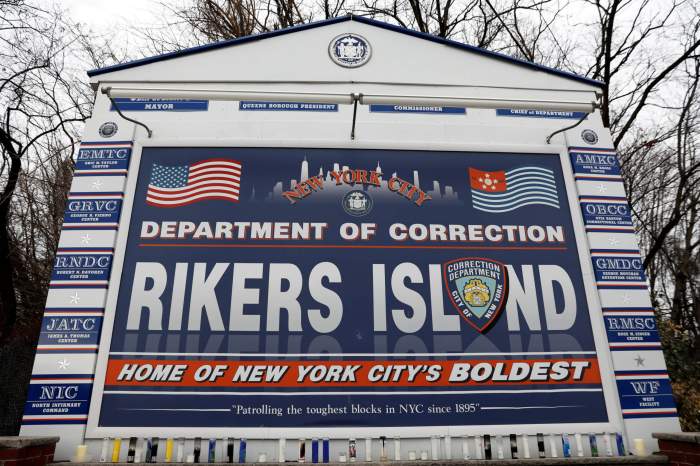Caribbean governments this week rushed to save the region’s most important commuter airline amid threats from the island which supports and depends on it the most that the island hopper is facing definite closure.
St. Vincent and the Grenadines Prime Minister, Ralph Gonsalves reiterated this week that LIAT 1974 Ltd. will go belly up if it does not receive an immediate cash injection of nearly $6 million dollars as most options for raising bridging finance have run out.
Countries, mostly in the Eastern Caribbean particularly those with airports with limited runways such as Dominica, depend almost exclusively on small hoppers to move passengers around the region or to transit hubs like Antigua, Barbados and Trinidad while traveling to Europe, North or South America as examples.
Despite their dependence on the 57-year-old airline, Gonsavles said that governments have responded poorly to a request to provide the $6 million needed to keep the airline afloat even as the pilots union, which have for years opposed salary cuts, recently reneged and agreed to do so.
The financial impasse has now led to a mad scramble to raise capital externally to bail out LIAT with its brand new fleet of 10 French-made ATR planes.
Barbados Prime Minister, Mia Mottley, one the largest holders of LIAT shares, said the region was now forced to turn to the European Investment Bank (EIB) for help in saving the carrier from closure.
Shareholding governments and management have held several emergency meetings in recent weeks to resolve the issue and there has been talk about cutting some unprofitable routes like Trinidad from the schedule to stop the financial bleeding as passenger loads average less than 40 percent on that segment.
In the meantime, Mottley said the time has come to look beyond the Caribbean for help as LIAT cannot be allowed to go under by any means. Early indications are that the EIB is interested in assisting. Barbados is a major tourist destination, which depends on LIAT for passenger feeder services for tourists to big name airlines like American, Jet Blue, Virgin and British Airways.
“The EIB doesn’t only lend to the government, it also lends to private companies like the Barbados Light and Power in the past and it has also engaged here with not just national projects but also regional projects. And as the lead prime minister for the single market and single economy, I also had to engage in discussions with them on opportunities within the transport sector in particular, with respect to the EIB and its role in the region,” she told reporters.
In the meantime, Trinidad-based Caribbean Airlines, which has its own fleet of ATR planes is waiting in the wings to pick up any slack from LIAT.
Trinidad’s Minister of Finance, Colm Imbert said LIAT-dependent governments have already approached Port of Spain, asking it to buy shares in exchange for cash but such is not on the government’s radar, at least not in the near future.
“CAL has enough capacity and it there is a problem and LIAT finds itself unable to fly to Trinidad, then CAL will pick up the slack. We have no plan at this point in time to get back into LIAT,” he said recently.
Approaches both for shareholding and cash injections have already been made to Guyana’s government but it is unclear if any decision will be made anytime soon.
The Guyana routes from Trinidad and Barbados have proven to be cash cows for LIAT in recent years but authorities appear not to have seen the wisdom of investing in the carrier, perhaps confident that such a money spinning route will not ever be scrapped from schedules.
For his part, Gonsalves said that shareholders might soon be compelled to ask the Caribbean Development Bank (CDB) to sell three of the 10 planes and push other island hoppers to work not so profitable routes such as St. Lucia, Grenada and Trinidad.
“The governments have not been responding so the shareholders are reaching a critical point now and if you ask me, what is likely to happen, there will be a transitional restructuring leading to a closure of LIAT,” he said.





















